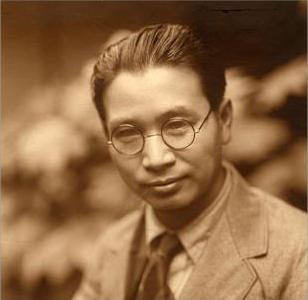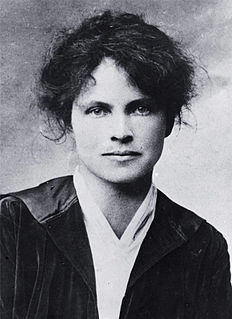A Quote by Wallace Stevens
It may be that the ignorant man, alone,
Has any chance to mate his life with life
That is the sensual, pearly spouse, the life
That is fluent in even the wintriest bronze.
Related Quotes
The great passion in a man's life may not be for women or men or wealth or toys or fame, or even for his children, but for his masculinity, and at any point in his life he may be tempted to throw over the things for which he regularly lays down his life for the sake of that masculinity. He may keep this passion secret from women, and he may even deny it to himself, but the other boys know it about themselves and the wiser ones know it about the rest of us as well.
I claim you as my life mate. I belong to you. I offer my life for you. I give to you my protection, my allegiance, my heart, my soul, and my body. I take into my keeping the same that is yours. Your life, happiness, and welfare will be cherished and placed above my own for all time. You are my life mate, bound to me for all eternity and always in my care.
The truly educated man is not a man who knows a bit of everything, not even the man who knows all the details of all subjects (if such a thing were possible): the “whole man” in fact, may have little detailed knowledge of facts and theories...but he will be truly in touch with the centre. He will not be in doubt about his basic convictions, about his view on the meaning and purpose of his life. He may not be able to explain these matters in words, but the conduct of his life will show a certain sureness of touch which stems from this inner clarity.
At the bottom no one in life can help anyone else in life; this one experiences over and over in every conflict and every perplexity: that one is alone. That isn't as bad as it may first appear; and again it is the best thing in life that each should have everything in himself; his fate, his future, his whole expanse and world.
In life man commits himself and draws his own portrait, outside of which there is nothing. No doubt this thought may seem harsh to someone who has not made a success of his life. But on the other hand, it helps people to understand that reality alone counts, and that dreams, expectations and hopes only serve to define a man as a broken dream, aborted hopes, and futile expectations.
Not everything in man's life is summed up in the problem of food. Anyone who thinks that a civilization can be founded on bread alone makes a great mistake. No matter how much bread there is, it cannot produce a man: it can only nourish him. Life exists before food. Man's life comes from the very origin of life. Therefore civilization does not follow the forms of production. All social life follows the action of life.
It is altogether unlawful to kill oneself... Wherefore suicide is contrary to the inclination of nature, and to charity whereby every man should love himself... Life is God's gift to man, and is subject to His power, Who kills and makes to live. Hence whoever takes his own life, sins against God... for it belongs to God alone to pronounce sentence of death and life.
The life of any one can by no means be changed after death; an evil life can in no wise be converted into a good life, or an infernal into an angelic life: because every spirit, from head to foot, is of the character of his love, and therefore, of his life; and to convert this life into its opposite, would be to destroy the spirit utterly.
When a man's life is over, it remains true that he was one sort of man and not another. A man who understands himself under the form of eternity knows the quality that eternally belongs to him, and knows that he cannot wholly die, even if he would, for when the movement of his life is over, the truth of his life remains.
Vermont tradition is based on the idea that group life should leave each person as free as possible to arrange his own life. This freedom is the only climate in which (we feel) a human being may create his own happiness. ... Character itself lies deep and secret below the surface, unknown and unknowable by others. It is the mysterious core of life, which every man or woman has to cope with alone, to live with, to conquer and put in order, or to be defeated by.






































